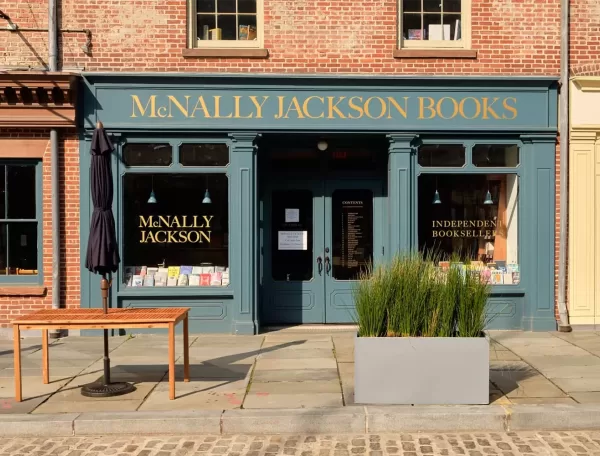Could Chandigarh, the city planned by the great modernist architect Le Corbusier, become a "Taj Mahal of the future"? Perhaps, reports Andrew Hankinson, but only if the authorities can stop the theft of the manhole covers.
In the swell of positivity in post-independence India, Prime Minister Nehru telephoned Swiss architect Le Corbusier and asked him to design a city to rival any in the world. The result is Chandigarh, 160 miles north of Delhi and one of India's first planned cities. Constructed in the 1950s and 1960s, it is an architectural treasure that stands as a monument to 20th century design, if only they could prevent it disappearing.
The problem is that Le Corbusier made a beautiful city – he described it as a city "of trees" and "splendid edifices" – and people want a piece of it. At its heart is the Capitol area, with its Corbusier-designed National Assembly (a dream for concrete fans), but spread around the city are other designs from Corbusier's time, such as highly collectable manhole covers, which have ended up selling for tens of thousands of dollars at international auctions.
To protect such heritage, surveys of Le Corbusier's work are being carried out. These put the number of manhole covers at 2,224 (nobody knows how many have disappeared), and ideas are being discussed as to how to protect them, including, according to reports, attaching GPS-tracking chips to them. "It's just one of the many ideas floated but not seriously considered yet," said Deepika Gandhi, director of Chandigarh's Le Corbusier Centre. "Presently we are updating the inventory to all heritage Items in the city. Every government department and institution has appointed an officer to take stock."
According to a government spokesperson, until a permanent solution is found (such as GPS, or removing anything that's moveable and putting it all in storage), local government officials will be accountable for anything in their jurisdiction that goes missing.
As for the major Corbusier-designed buildings, UNESCO declared the Capitol area, in which they're gathered, a World Heritage site in 2016. "The Capitol was already being spruced up before the nomination but is now being dealt with by a conservation architect who is preparing a holistic management and conservation plan," explained Gandhi. "There is definitely an increased interest and understanding in the stakeholders about the importance of Corbusier's work now." Not that the worry is over.
Architectural historian William JR Curtis, author of Le Corbusier: Ideas and Forms (the second edition just won an award), warned that the Unesco listing is "not enough" to protect the buildings, as heritage laws in India apply only to sites that are more than 100 years old. "These laws have to be changed to protect great 20th century buildings in India," he said. "After all, sites like the Capitol will become the Taj Mahals of the future."
Andrew Hankinson has written for The New Yorker and is the author of You Could Do Something Amazing With Your Life [You Are Raoul Moat].
Art & culture
Modern Love
More to explore

NOTED
Stay in the know with our monthly newsletter – a complimentary edit of everything new and noteworthy in the luxury world.
By signing up to the newsletter you confirm you have read & agree to the Privacy Policy.















